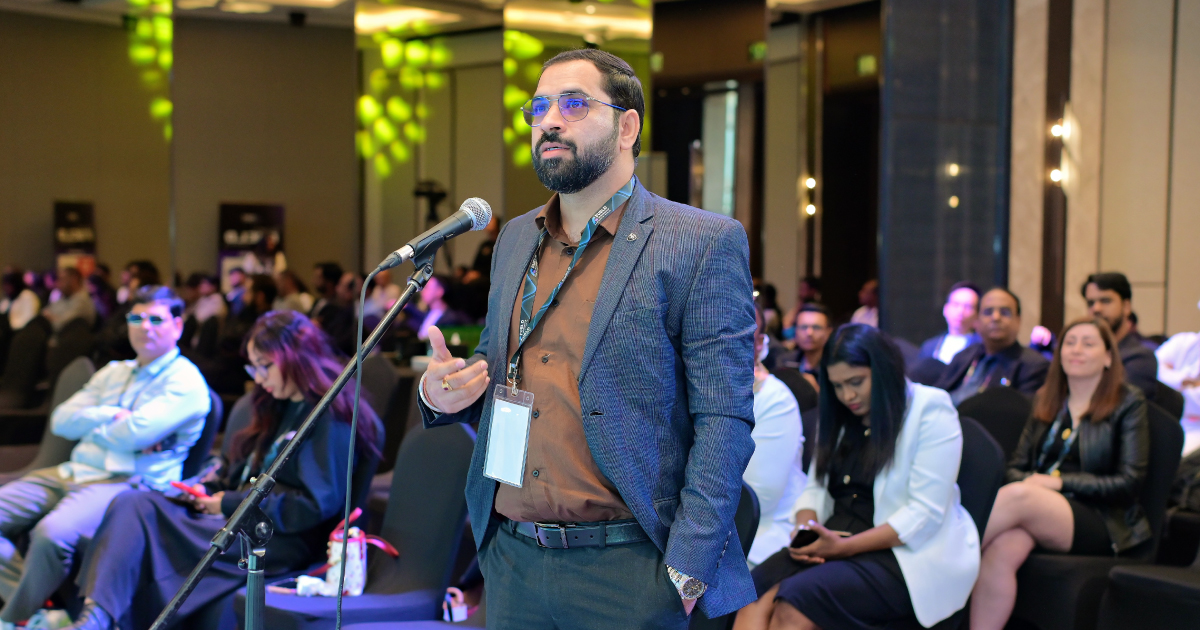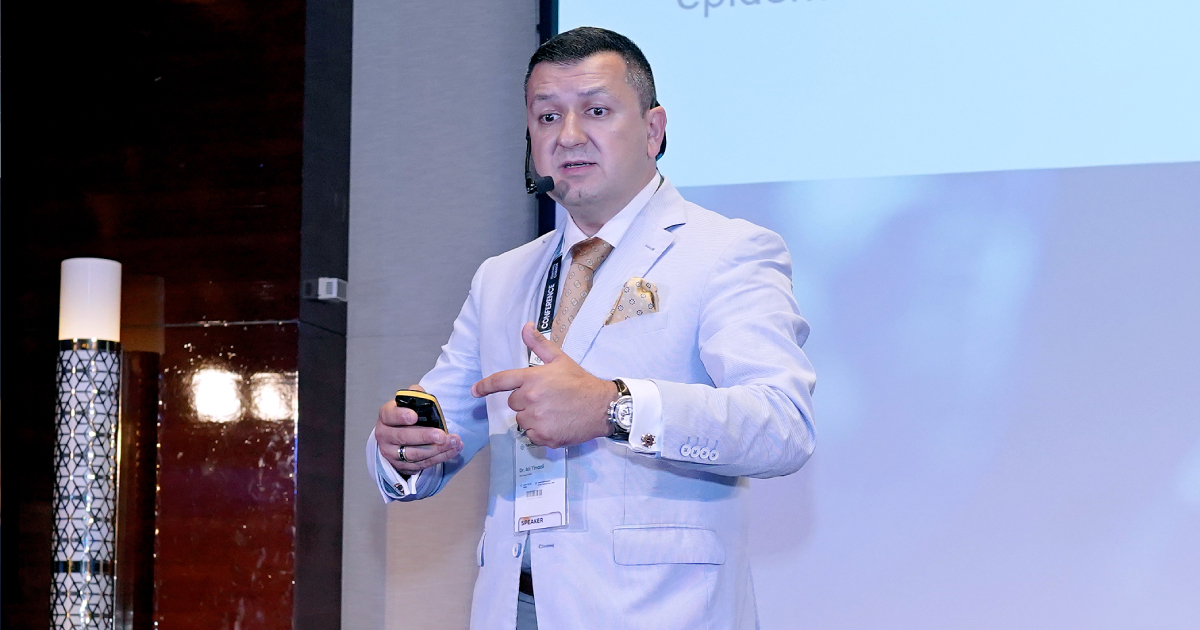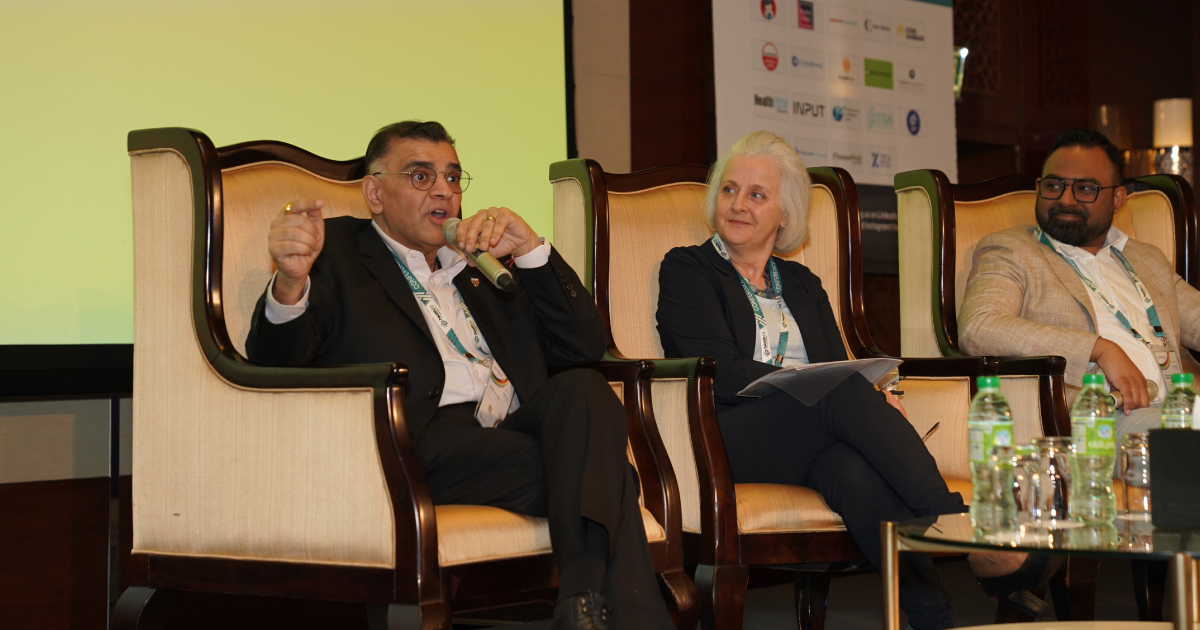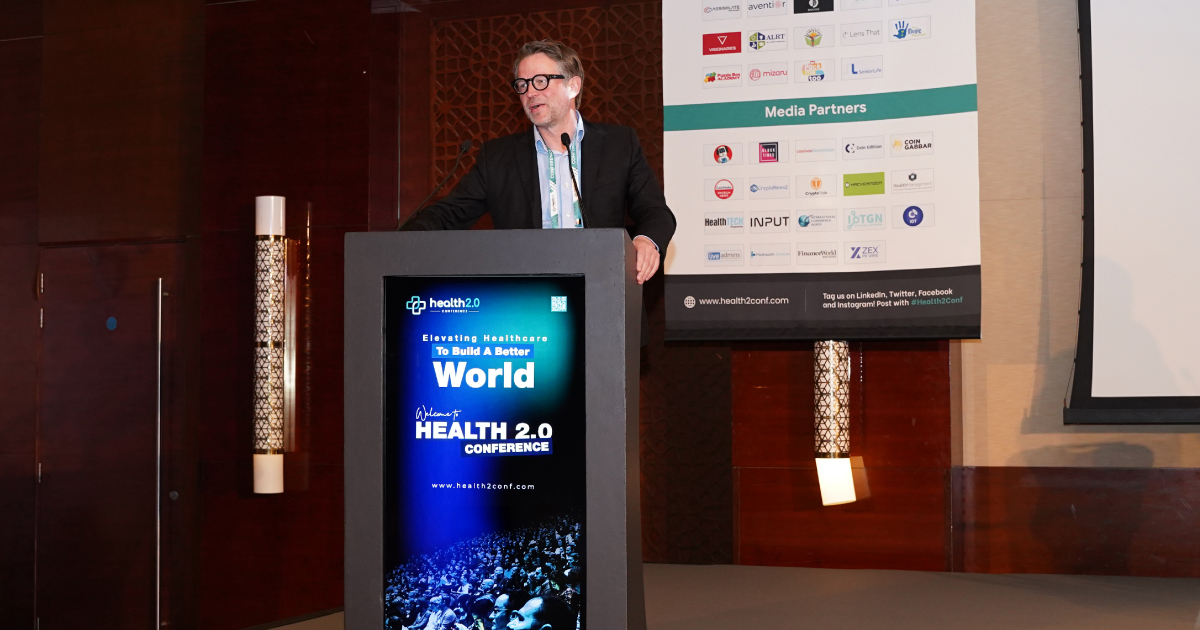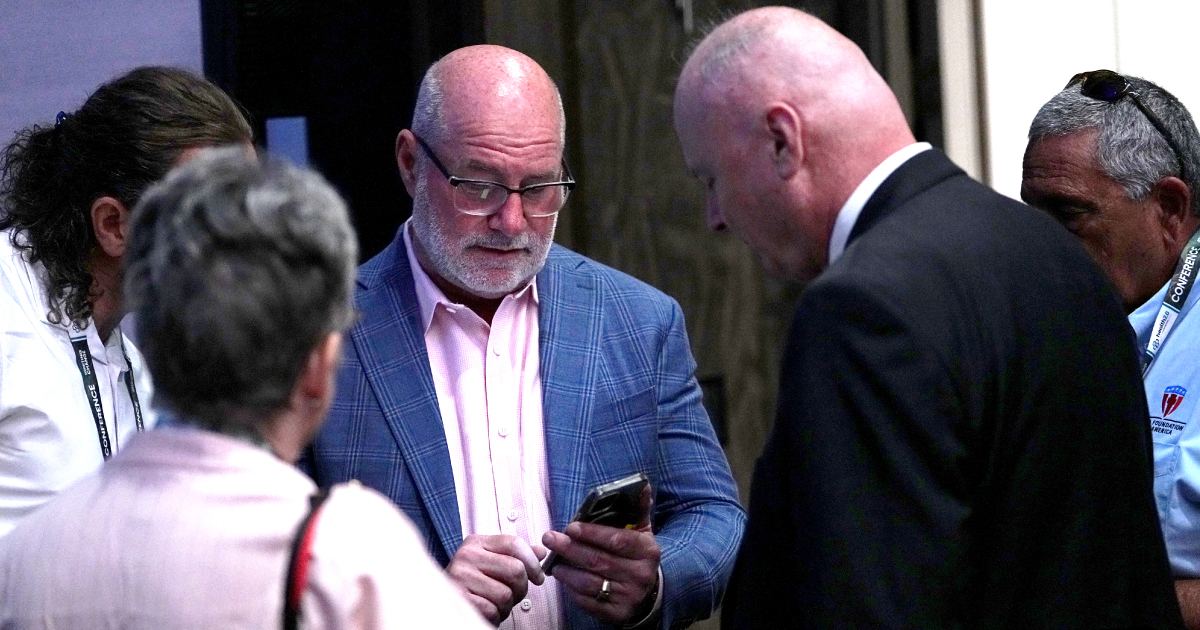Amidst the rapid advancements in technology, the healthcare sector stands poised on the cusp of unprecedented transformation. As we inch closer to the next edition of the Health 2.0 Conference, one of the premier healthcare events returning in 2024, there's palpable excitement around how HealthTech promises to revolutionize patient care, diagnosis, and treatments. From wearable devices tracking heart rates to AI-driven diagnosis tools, the potential of HealthTech is both vast and awe-inspiring.
However, as with every leap forward, there are hurdles to overcome. A central dilemma has emerged: a delicate tug-of-war between ground-breaking innovation and the uncompromising pillars of ethics. Can the industry strike the right balance between harnessing the potential of HealthTech and upholding patient privacy and consent? Join us as we explore this intricate landscape, analyzing the opportunities and ethical considerations entwined in the brave new world of HealthTech.
The Brave New World Of HealthTech

In today's digital age, HealthTech has opened up unprecedented avenues for better patient care, turning what was once science fiction into reality. Here's a quick look into how modern technologies are reshaping the medical landscape:
- Wearables And Mobile Apps
Devices like Fitbit, Apple Watch, and continuous glucose monitors are no longer just fancy gadgets. They've become invaluable tools for daily health monitoring and proactive management. They not only track our steps but also monitor our heart rates, sleep patterns, and much more, empowering us to take charge of our well-being.
- Telemedicine
Remember the times we'd wait for hours in a clinic? Those days are fading fast. Telemedicine offers remote consultations and virtual health assessments, bringing healthcare right to our screens.
- AI-Driven Diagnostics
AI isn't just beating humans at chess; it's helping save lives. Machine learning has shown remarkable success in reading X-rays and detecting anomalies, often with better accuracy than human experts.
- Genetic Testing And Personal Genomics
The rise of companies like 23andMe and AncestryDNA isn’t just about tracing our roots. They underscore the promise of personalized medicine and treatments based on our unique genetic makeup.
As these technologies become mainstream, discussions around them are paramount, especially at top healthcare conferences such as the Health 2.0 Conference, to ensure ethical considerations don’t get lost in the excitement.
The Ethical Stakes: Privacy And Consent In Digital Age Devices

In our journey through the ambitious avenues of HealthTech, we stumble upon profound ethical crossroads. Here is what experts from the top healthcare conferences, such as the Health 2.0 Conference, have to say-
- Data Breaches And Cyber Threats
The allure of a digitized healthcare arena comes with shadows. An alarming number of healthcare providers have witnessed their databases being hacked. The digital repositories, meant to ensure efficiency, become haunting tales of patient data being stolen, misused, or even sold.
- Consent In Telemedicine Era
The rise of telemedicine has transformed healthcare access. However, do patients genuinely comprehend what they’re signing up for? The lengthy EULAs, often filled with jargon, remain unread or misunderstood by many. It begs the question: In this digital health era, are patients truly informed?
- Biased AI Diagnostics
When AI is entrusted with our health, the data it’s trained on matters. Relying on non-diverse datasets can lead to pitfalls and biases, jeopardizing accurate diagnostics. Every patient deserves precise care, uninfluenced by an AI's skewed learning.
- Genetic Data's Double-Edged Sword
Your genetic data holds the code to your health's past, present, and future. But what if health insurers or employers wield this information? It opens a pandora’s box of potential discrimination and unprecedented privacy invasion.
Tread thoughtfully, for as we embrace HealthTech's marvels, ethical considerations remain paramount.
Balancing Act: Guidelines To Adopt Innovation With Ethics

The pace of HealthTech advancements calls for an equally rigorous commitment to ethics. Here's a roadmap to ensure innovation walks hand-in-hand with patient privacy and consent:
- Transparent Data Usage Policies
Clarity Is King: Spell out how patient data will be used, stored, and safeguarded. No jargon. Pure, straightforward communication is the cornerstone.
- Regular Security Audits
Fortified Walls: Embrace encryption, two-factor authentication, and more to thwart cyber threats. Think of it as the immune system of the digital age; always vigilant, always ready.
- Informed Consent Revamp
Make consent forms relatable! Use plain language, sprinkle in visual aids, and offer periodic reminders. It’s a nod to respect and understanding.
- Ethical AI Training
Beyond Code: To build an unbiased AI, we must feed it right. This means diverse, ethically sourced datasets. And who better to guide than ethicists and minority groups? It’s teamwork for AI fairness.
- Strict Regulations On Genetic Data
Genetic information is intimate. It's like the GDPR for our DNA – only certain hands should hold it under strict conditions. After all, in the digital arena, personal data deserves nothing short of a fortress.
The Road Ahead: Building A Diligent HealthTech Arena
As we propel into a digital age where HealthTech can revolutionize care, ethical foundations remain paramount. Here's what the journey entails:
- Government's Guardian Role
Central to this is the government's role. They stand responsible for formulating robust laws that not only encourage innovation but also protect patient privacy. Enforcing these laws ensures a balance between technological advancements and ethical standards.
- Tech Companies
Patient Before Profit: For tech giants entering the health domain, the motto should be clear: Prioritize patient rights. This means safeguarding data, ensuring transparency, and always putting the patient's well-being ahead of profit margins.
- Patients At The Forefront
Knowledge is power. Empowering individuals with the right tools and awareness about their data rights ensures that they remain in control, making informed choices.
- Synergistic Collaboration
The essence lies in the alliance. Joining hands, tech experts, medical pioneers, ethicists, and legal minds need to work in collaboration. It’s through these interdisciplinary efforts that ethical HealthTech solutions will truly shine.
Final Thoughts
In a rapidly evolving HealthTech landscape, maintaining an ethical balance is paramount. Governments set the tone with patient-centric laws, while tech companies prioritize rights over revenue. Empowering patients with tools and knowledge fortifies the foundation of trust. And, the collective wisdom of professionals from varied fields assures a holistic approach. Only by intertwining innovation with ethics can we truly harness the potential of HealthTech while safeguarding the sanctity of patient privacy and consent. Global healthcare events in 2024 are expected to witness experts further shedding light on this subject. Our shared responsibility lies in shaping a future where technology and empathy coexist seamlessly.







